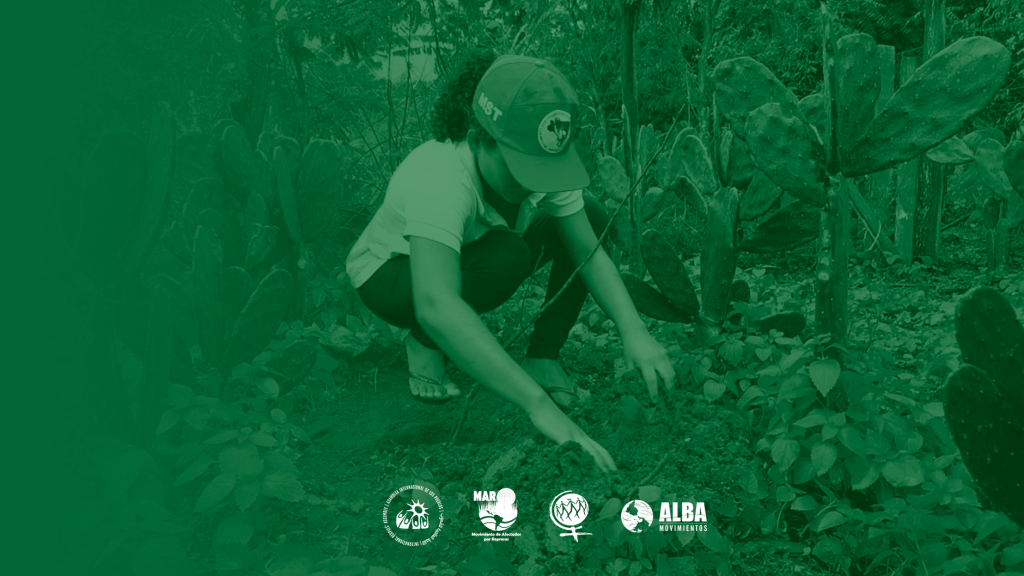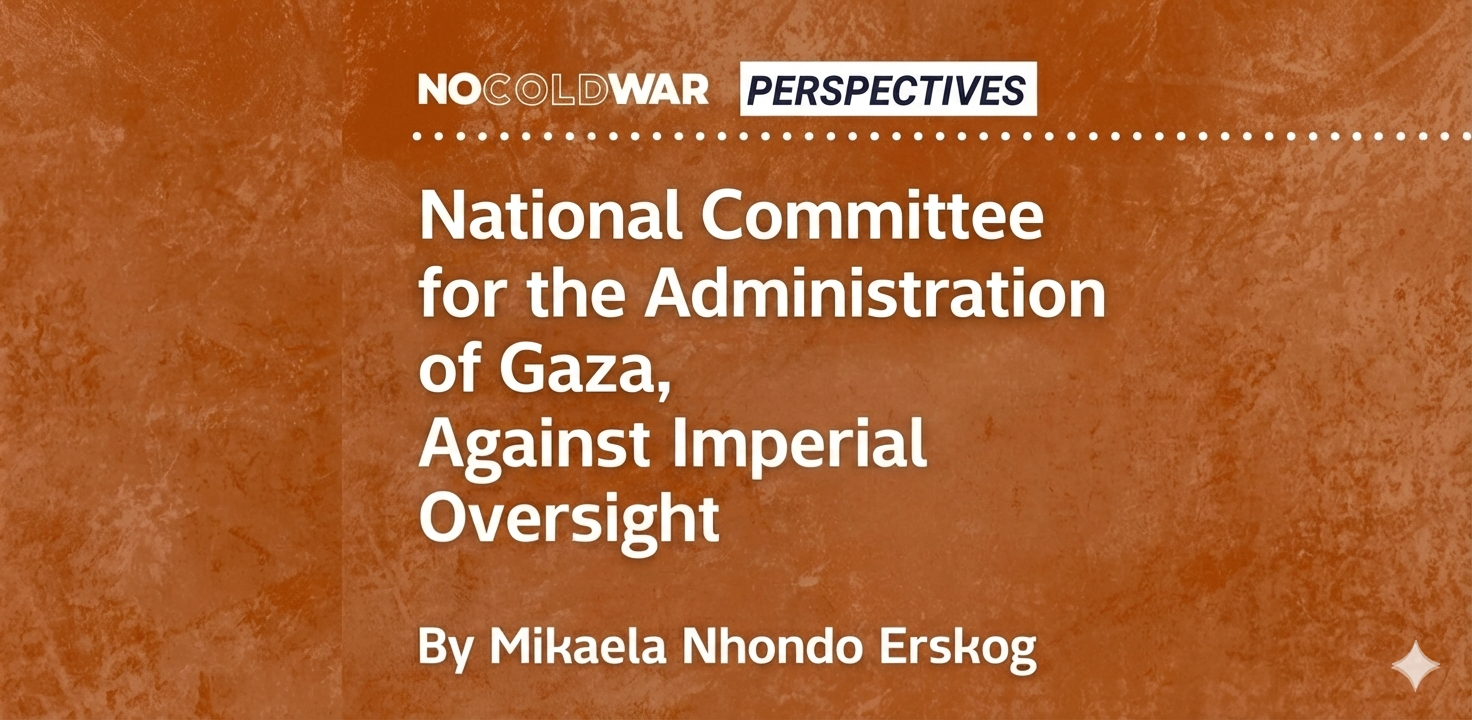Global concerns have heightened over the detrimental impact of economic activities within the existing system on the environment, and the ensuing changes and catastrophes they have triggered. However, the measures and actions taken to address this undoubtedly catastrophic crisis do not match its severity. This discrepancy is directly linked to the prevailing logic of capitalism and its inherent disregard for the collateral effects of the pursuit of profit.
The ecological crisis has led to a range of disasters whose full extent remains unknown due to the ongoing efforts by political and economic forces to obscure the severity, and causes, of the catastrophe. These disasters include extreme weather events such as heat waves, droughts, storms, hurricanes, torrential rains, wildfires and others.
In recent years, catastrophic floods have become increasingly common around the world. In 2024 alone, devastating floods occurred in 12 countries, including Afghanistan, Australia, Brazil, China, England, Germany, Kazakhstan, Kenya, Russia, Tanzania, the UAE, and the United States.
According to the World Meteorological Organization, flood-related catastrophes have increased by 134% since the 2000s. Floods are the most recurrent and pervasive weather-related disasters threatening humanity today.
Heavy rains, when ocean waves come onshore, melting snow too fast, and the failure of dams and levees all contribute to flooding. Flash floods, which result from unusually heavy rainfall, are particularly dangerous, as the volume of water exceeds the earth’s ability to absorb it. Densely populated areas with inadequate infrastructure, locations near rivers, regions close to melting snow and dams susceptible to failures due to insufficient upkeep, maintenance or planning are all at increased risk of disastrous flooding. Thus, it is not only the occurrence of weather events that leads to catastrophe but also underdevelopment. The depredation of nature, social and economic inequity, and neglect of public infrastructure – characteristics of neoliberal governments’ shrinking of the State – are also responsible for the threats we face today.
The destruction and loss of life caused by recent floods are not only cause for alarm and grief but also demand urgent action. In 2022, Pakistan endured one of the worst floods in recent history, affecting more than 33 million people, with 20.6 million requiring urgent humanitarian assistance according to UNICEF and Al Jazeera. Eight million people were displaced, and 1,739 lost their lives. Eastern Africa recently faced heavy rains, flash floods, and landslides, affecting approximately 1.6 million people across Burundi, Ethiopia, Kenya, Somalia, Tanzania and Uganda according to the United Nations Office for the Coordination of Humanitarian Affairs (OCHA). In Kenya alone, 293,000 people were displaced, and 289 died, as presented by government statistics. Most recently, in Brazil, intense floods affected 94% of 500 municipalities in the southern state of Rio Grande do Sul. Out of 11 million inhabitants, 600,000 were displaced, 72,000 are living in temporary shelter and over 160 were killed by the floods, according to data released by the Civil Defense bulletins. In the United States, floods kill more people each year than tornadoes, hurricanes, or lightning.
The sole remedy for the ecological crisis lies in a fundamental overhaul of our economic system, transitioning towards a model that champions social justice, eradicates exploitation, and fosters a symbiotic relationship with nature. This transformation entails a shift in consciousness regarding our connection to the natural environment, striving to restore balance and reciprocity. Merely reducing emissions in an effort to curb heating is insufficient and, of course, non-viable given the current hegemony of capital and its interests.
The challenge for working-class organizations, movements, and peoples’ parties cannot be understated. Only through popular mobilization and action can the needed transformations be effected. Scientists, legislators, and politicians may play important roles, but only mass-based organizations have the capacity to build the necessary political force to counter the prevailing economic order, which depends on the continued devastation and pillage of the environment.
The environmental crisis disproportionately affects women, especially those in the most vulnerable communities. Women often shoulder the responsibility of safeguarding families and communities during crises, bearing the initial impacts of displacement, loss of livelihood, and increased domestic duties. Hence, it is vital to involve women in decision-making at all levels, as their diverse experiences and knowledge offer unique perspectives and solutions.

To this end, we offer the following insights gained by movements around the world in their work toward transforming our current reality:
- A transition towards alternative sources of energy must be carried out through planning that includes the participation of the peoples and their organizations, ensuring that women have an equal voice in these processes.
- Defending national sovereignties against the interests of global corporations that seek to extract natural resources is essential to preventing further devastation.
- Land reform and the pursuit of a model for agricultural production based on agroecological practices and the principles of food sovereignty are means to confront the destructive character of industrialized agriculture. International initiatives to support agroecological production in the Global South are required. In this regard, it is necessary to promote consciousness around the need to consume according to necessity, prioritizing that which is produced locally.
- The payment of the ecological debt of the Global North countries which have historically sacked, spoliated and contaminated the Global South.
- A global and comprehensive program must be developed towards protecting water sources and reforestation. This program must contemplate the needs and perspectives of the different sectors of the population, ensuring that the specific needs of women, and other groups are addressed.
- Safeguarding the rights to land, water, and seeds through proper legislation, limiting the reach of corporations, and formal guarantees, including the defense of indigenous lands and territories, is a priority. Defend and guarantee that water, air and the goods of nature cannot be privatized or commodified.
- Solutions must focus on structural changes to the economy and the model for development, not on consumer-driven actions.
- The military-industrial complex, led and organized by U.S. imperialism, constitutes an ongoing and pervasive assault on peoples and the environment, considering the vast resources that serve military production and the polluting nature of its production.
- Addressing the environmental crisis must also address hardships associated with the overall system, including hunger and famine, inadequate and dangerous housing, inadequate urban development, insufficient access to health care, and unsafe working conditions in mining, agriculture, and other sectors.
- Solutions should be pursued at all levels of society, from the regional and national to the municipal level with equitable representation of women in all decision-making bodies.
- Struggles and political action regarding the ecological crisis cannot be separated from efforts to address patriarchy, racism, violence, and inequality, or to guarantee democracy, peace, sovereignty, and development.
In the wise words of Chico Mendes, environmentalism without class struggle is simply gardening. Let us struggle together to build a more equitable, safer and ecologically harmonious future for all.
Signatories:
International Peoples’ Assembly
Alba Movimientos
Movimiento de Afectados por Represas
World March of Women


